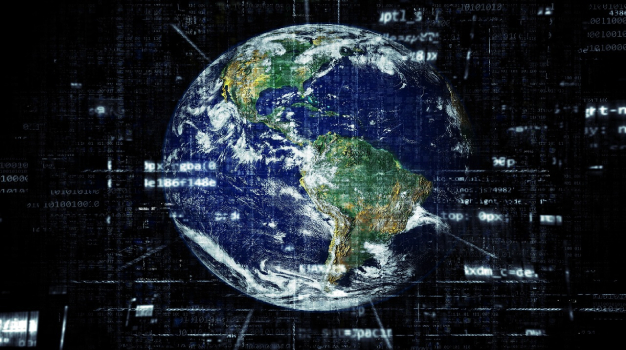Life Without Internet How Would the World Function?
Have you ever imagined life without internet? The internet has become a crucial part of daily life. From communication to entertainment, almost everything relies on connectivity. But While it may seem impossible today, there was a time when people lived without it. What would happen if the world suddenly lost internet access? Let’s explore.
Table of Contents
How Would Communication Change?
The biggest impact of life without internet would be on communication. Emails, instant messaging, and video calls would disappear. People would rely on:
| Method | Pros | Cons |
|---|---|---|
| Landline Phones | Reliable for calls | No texting or video chat |
| Letters | Personal and thoughtful | Slow and inconvenient |
| Face-to-Face | Builds stronger bonds | Limited to local interactions |
Many people, especially younger generations, might struggle without instant messaging. However, traditional methods like handwritten letters could make a comeback.
Work and Business Without Internet
A world without internet would change the way companies operate. Businesses would:
- Depend on physical paperwork instead of cloud storage.
- Conduct meetings in person rather than on Zoom.
- Advertise through newspapers, billboards, and TV instead of social media.
E-commerce platforms like Amazon would vanish, forcing people to shop in stores again. While this could boost local businesses, global trade would slow down significantly.
Entertainment in a World Without Internet
Streaming movies, gaming, and social media scrolling would no longer exist. People would find entertainment in:
- Reading books and newspapers.
- Watching cable TV or DVDs.
- Playing board games and outdoor sports.
While some might miss binge-watching Netflix, others might appreciate spending more time on hobbies and social interactions.
Would Life Be Better or Worse?
A life without internet has both pros and cons. It could reduce distractions, improve real-world connections, and encourage outdoor activities. However, it would also limit access to information, slow down businesses, and make global communication difficult.

